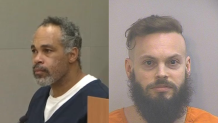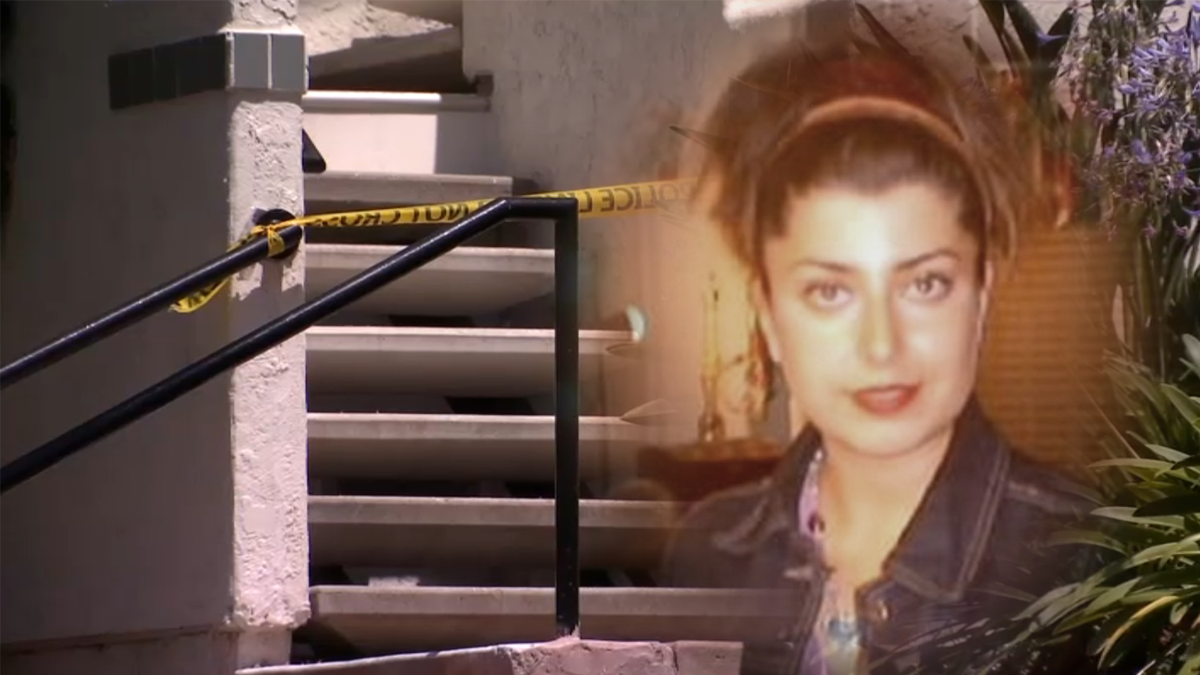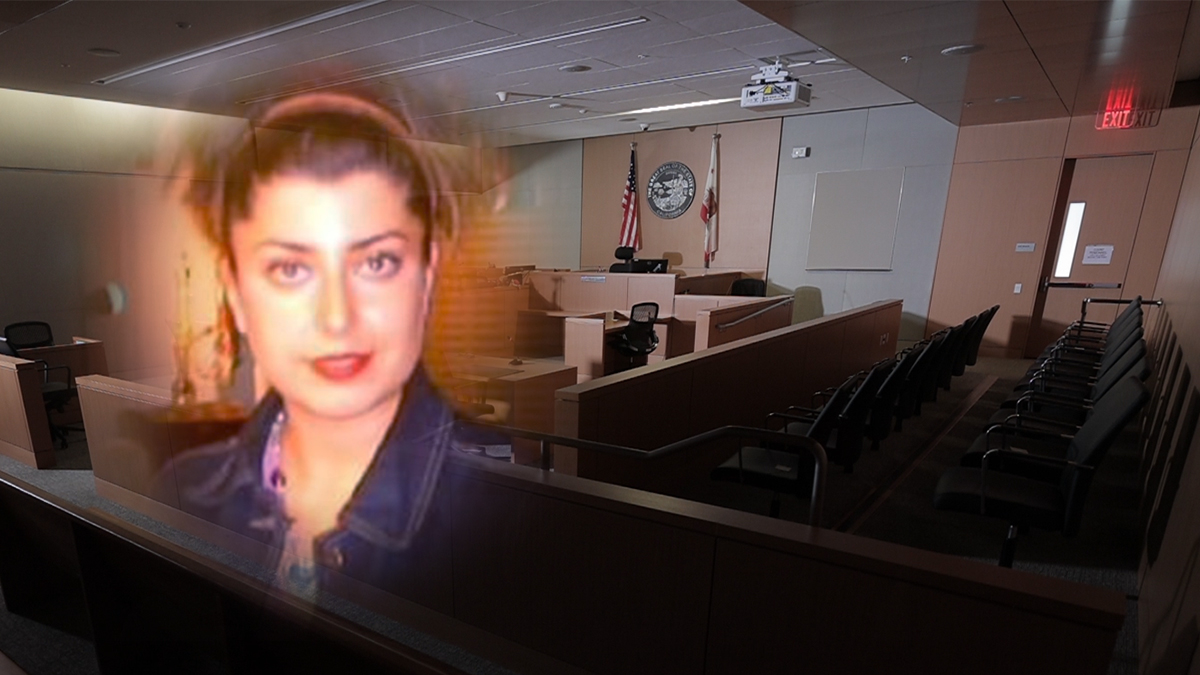A new court filing in a high-profile murder case shows that a San Diego County deputy public defender unsuccessfully tried to settle the case with a plea deal but was rejected by the district attorney’s office.
The district attorney's office did agree, however, to a similar settlement in a different murder case involving sex crimes and multiple victims. In that case, though, the defendant was white.

NBC 7 Investigates has been reporting on the death of 44-year-old Connie Dadkhah since she was killed in June 2022. Our reporting revealed major concerns about how long it took San Diego police to arrive at her condo complex the night she died. Records show several neighbors called 911 repeatedly, begging officers to help her after they said they saw a man smash his way inside through a balcony sliding-glass door. Once they arrived at the complex, police opted not to force their way inside her unit. The next morning, officers arrested 46-year-old Parrish Chambers Jr. and found Connie dead inside. Prosecutors say she was beaten to death. Chambers has pleaded not guilty to a murder charge.
Get San Diego local news, weather forecasts, sports and lifestyle stories to your inbox. Sign up for NBC San Diego newsletters.
Chambers’ attorney, Deputy Public Defender Abe Genser, filed a motion late last week under California’s Racial Justice Act, which allows the court to dismiss cases if any racial bias was exercised during an interaction with law enforcement or prosecutors. That includes any part of the process, ranging from detainment, evidence collection, prosecution and even sentencing.
A tale of two plea deals
Genser’s motion argues that his client was prepared to accept a plea deal of 17 years in prison for voluntary manslaughter, an acceptance of responsibility for her death and two strikes on his record. The filing says that offer was rejected by the district attorney’s office.
Genser’s motion highlights another case from 2023, where a plea deal was accepted: the case of Ryan Dewling, aka Ryan Clifford. Dewling was accused of attacking three separate women. Prosecutors accused him of strangling two of them to the point they required medical attention and murdering the third. Court documents say the third victim suffered horrific injuries during a sexual assault and lay in agony for hours until he called for a rideshare vehicle to take her to the hospital. Despite extensive efforts from doctors, she couldn’t be saved. Documents say she died from a combination of sepsis and blood loss.
The district attorney’s office accepted a plea deal for Dewling for 17 years in prison, which dropped seven of the nine charges he faced. Ultimately, he was convicted of voluntary manslaughter and sexual penetration of an unconscious victim.

Genser argues that Dewling’s case is more egregious than his client’s, yet the DA agreed to the settlement of a White man's case and “may have exhibited racial bias or animus by failing to accept the settlement of a Black man.”
According to her family, Connie Dadkhah was Middle Eastern, though Genser's motion describes her as White. Genser argued if Connie was brown or Black, the DA would have agreed to a plea agreement.
Under the Racial Justice Act, Genser's filing demands that the district attorney’s office provide five years of data about how it prosecuted homicide cases. That would include the race of suspects and their victims, what the initial charges were, what they were ultimately convicted of and details about any settlement that was made.
NBC 7 Investigates spoke with a relative of Dadkhah's. They told us the district attorney’s office reached out to them, alerting them to the proposed plea deal. They say the DA wanted to gauge their feelings about a lesser sentence and see if they wanted to go through a potentially lengthy and emotionally difficult trial. The family member told us they were willing to experience that in order to see justice served for Dadkhah.
NBC 7 Investigates reached out to both the district attorney’s office and the office of the public defender for comments on the filing. Both declined an interview, citing the pending case.
Public Defender Paul Rodriguez provided a statement not specifically related to this case, writing, “Every deputy public defender has a duty to provide each client with a zealous defense and to act in the client’s best interest. I wholeheartedly support our attorneys using every legal tool available to fight injustice, inequity, racism and hypocrisy in our criminal justice system.”
That hearing will be held in early February.
Another filing to remove a judge from presiding over the case
This Racial Justice Act motion is also connected to another motion, which takes aim at San Diego County Judge Howard Shore. The two chief public defenders signed off on that motion, asking Shore to recuse himself from the case and failing that, have the court disqualify him from those proceedings. Per the filing, Shore is the judge assigned to hear all Racial Justice Act motions.
Genser argues that Shore has displayed racial bias during court proceedings and within rulings, saying he even made statements implying he would not follow written law.
A hearing on that motion is scheduled for next Monday.
NBC 7 Investigates reached out to Shore but he, too, declined to comment.




